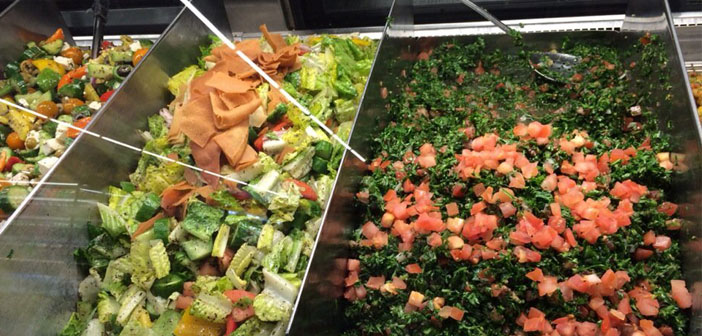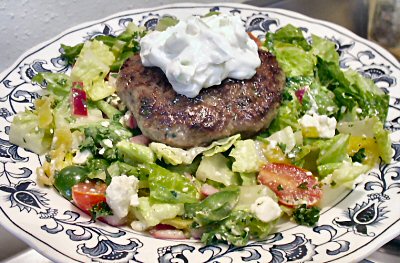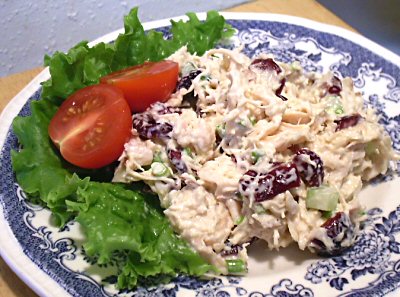Antibiotics in Your Food: Should You Be Concerned?
Antibiotic Resistance:
The increased use of antibiotics has led to the emergence of antibiotic-resistant bacteria. When antibiotics are overused, bacteria can develop resistance, making it more challenging to treat infections in both animals and humans. This can contribute to the global public health crisis of antimicrobial resistance.
Contamination of Food Products:
Antibiotic residues can enter the human food chain through meat, milk, and eggs. Consuming food contaminated with antibiotics can potentially lead to allergic reactions, digestive problems, and the development of antibiotic-resistant bacteria in the human gut.
Impact on Gut Microbiota:
Antibiotics can disrupt the balance of gut microbiota, which play a crucial role in digestion, immunity, and metabolism. This disruption may contribute to various health conditions, including weight gain, increased susceptibility to infections, and chronic diseases.
Environmental Concerns:
Antibiotics used in agriculture can contaminate soil and water, potentially harming beneficial organisms and contributing to the spread of antibiotic resistance in the environment.
Despite these concerns, it's important to note that the use of antibiotics in food production is closely monitored by regulatory agencies to ensure food safety. To minimize potential risks, it is recommended to follow safe food handling practices, such as cooking meat thoroughly and storing perishable items properly. Choosing organic or antibiotic-free meat and dairy products can also be an option for individuals who are concerned about antibiotic use in food production.
-
HOT GERMAN POTATO SALAD
HOT GERMAN POTATO SALAD16 ounces frozen cauliflower4 pieces bacon, cho
-
Cabbage Noodle Salad
-
Spinach Pear Salad with Dijon Mustard Vinaigrette Recipe
-
Tabbouleh Salad with Lemon Garlic Dressing
-
CHINA COAST SALAD DRESSING
CHINA COAST SALAD DRESSING1/2 cup mayonnaise5 tablespoons rice vinegar
-
Fattoush Lebanese Bread Salad



